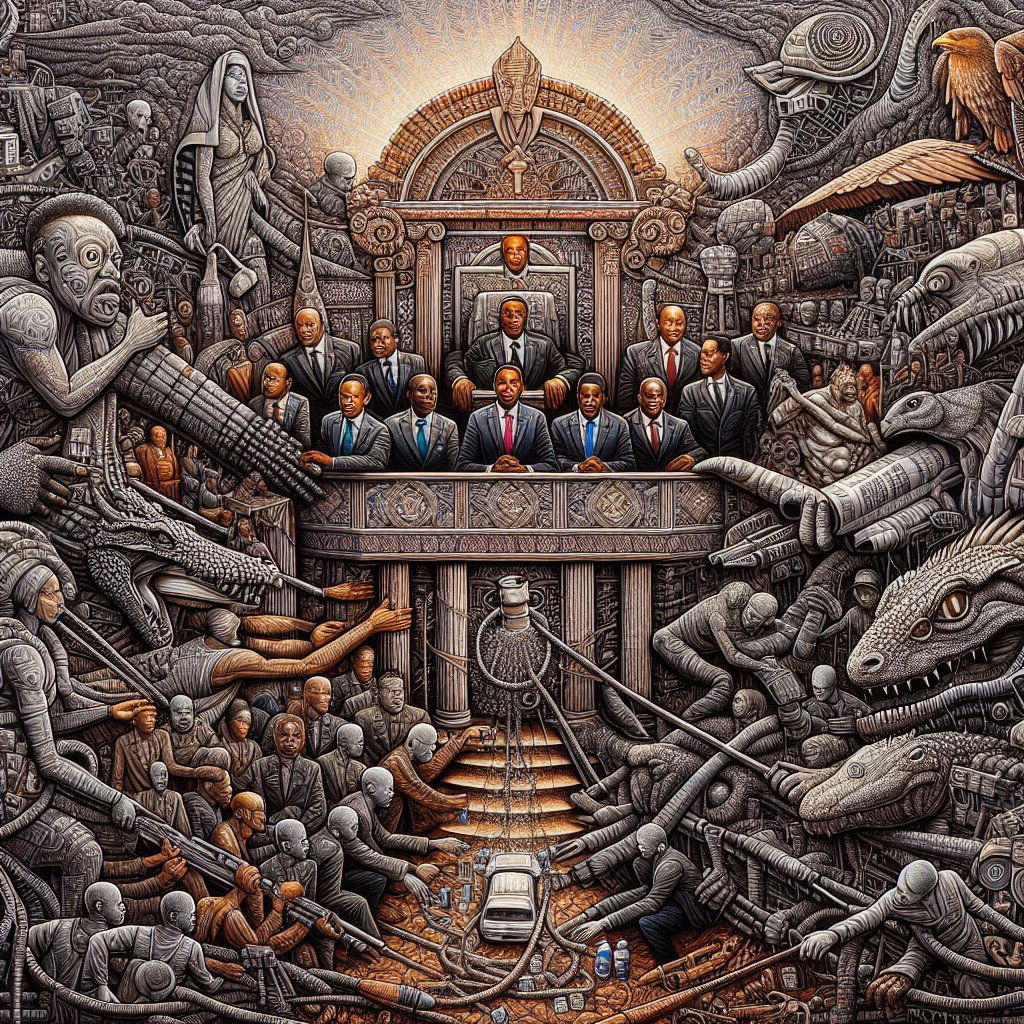Image: AI generated for illustration purposes
UIF's Alleged R5 Billion Corruption Scandal: Thulas Nxesi Denies Bribery Claims and Pledges Legal Action
In what is emerging as a potential gravestone for public trust in the government, the South African Minister of Employment and Labour, Thulas Nxesi, is embroiled in a maelstrom of controversy following allegations of attempting to solicit a R500 million bribe. The shockwaves of this accusation are traced back to a collapsed R5 billion deal between the Unemployment Insurance Fund (UIF) and a non-existing company, further tarnishing the reputation of state officials who are often perceived as "corrupt until proven otherwise" due to a history of scandals.
The UIF's questionable attempt to invest in a non-existent company became a prominent issue when the media brought the matter to light, initiating skepticism regarding the feasibility and transparency of the deal. Nxesi, countering the allegations, is set to confront his accuser, Mthunzi Mdwaba—CEO of Thuja Holdings and former chair of Productivity SA—in court. Nxesi claims the process to combat the alleged extortion did not involve the necessary UIF governance processes, specifically targeting the interim Labour Activation Programme (LAP) National Adjudication Committee's (LNAC) approval.
The LAP’s noble purpose is to combat unemployment in South Africa through various initiatives, including job creation, skills training, and supporting businesses in distress. The overarching importance of this program is its role in restoring economic stability and aiding recovery from the financial fallout of the COVID-19 pandemic. It furthers the mandate of the Temporary Employer-Employee Relief Scheme (Ters), which supported countless workers and businesses during the pandemic.
As allegations against Nxesi suggest systems failure, not just at an individual level, but within the broader governance structure, he aggressively refutes the bribe claims. In a determined bout of self-defense, Nxesi has welcomed the dispute demand in the legal arena, signing an affidavit to have the agreement nullified. The expectation now reverberates for a transparent judicial outcome to shed unequivocal light on the involved parties' legitimacy—countering the public's eroded confidence in the governance system.
Nxesi also adds a twist of past transgressions against Mdwaba, illuminating his tainted record as a delinquent director and his alleged dubious leadership while serving as the chairperson at the University of Western Cape (UWC). These assertions compound an already circumspect profile of Mdwaba, pressuring him to substantiate the gripes he's lodged in the court of law.
The South African public, weathered by the incessant tides of corruption, now look to the ensuing court proceedings with a mix of cynicism and a desperate hope for integrity among their leaders. The UIF scandal not only tests the resilience of the country's legal system but also serves as a litmus test for the ANC government's commitment to transparency and anti-corruption.
The narrative that unfolds will be critical in either rebuking the alleged corruption or in laying bare a system that allows for a R5 billion deal to be signed below the radar of requisite authority—a rebuke to the democratic processes that the public relies on for fair governance. As the country's eyes turn toward the courtroom, anticipation builds for a resolution that unequivocally speaks to the pursuit of accountability and a reestablished trust in the leadership.










